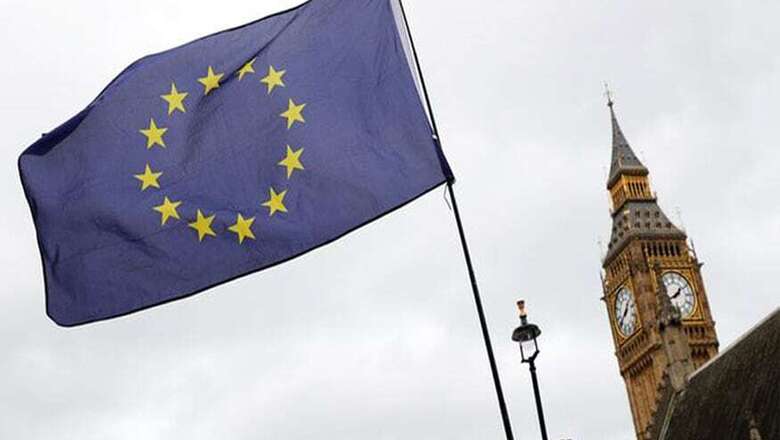
views
Colombo: The European Union has criticised Sri Lanka's move to resume executions, saying it would directly contradict the country's commitment to maintain a 43-year moratorium on death penalty at the UN General Assembly last year.
The EU said in a statement Thursday that Sri Lanka's planned executions will send the wrong signals to the international community and investors.
It said it will monitor Sri Lanka's commitments to international conventions upon which hinges a preferential trade deal with the country. Sri Lanka has a lucrative market access to the EU through the Generalised Scheme of Preferences Plus.
The concessions were withdrawn over alleged abuses immediately after a long civil war, which ended in 2009.
President Maithripala Sirisena's government took steps toward reforms and commitments on human rights to secure the program back on being elected to office in 2015.
But Sirisena said this week he had signed the death warrants for four drug convicts and they would be executed soon.
Sirisena told a school function Friday that he had decided to resume executions to save the youth from narcotics and that he has explained his position to UN chief Antonio Gutteres during a telephone conversation Thursday night.
Sri Lanka last executed a prisoner in 1976.
"The death penalty is a cruel, inhuman and a degrading punishment, and the EU unequivocally opposes its use in all circumstances and all cases," the EU statement said.
"While the Sri Lankan authorities have cited the need to address drug-related offences, studies show that the death penalty fails to act as a deterrent to crime."
Sri Lanka has been grappling with drug-related crimes for years and is believed to be used by the peddlers as a transit hub.
In April, police publicly destroyed 770 kilograms (1,695 pounds) of drugs seized in 2016 and 2017.
Police have seized 731 kilograms (1,608 pounds) of heroin, 1 kilogram (2.2 pounds) of cocaine and 1,607 kilograms (3,535 pounds) of marijuana so far this year.



















Comments
0 comment